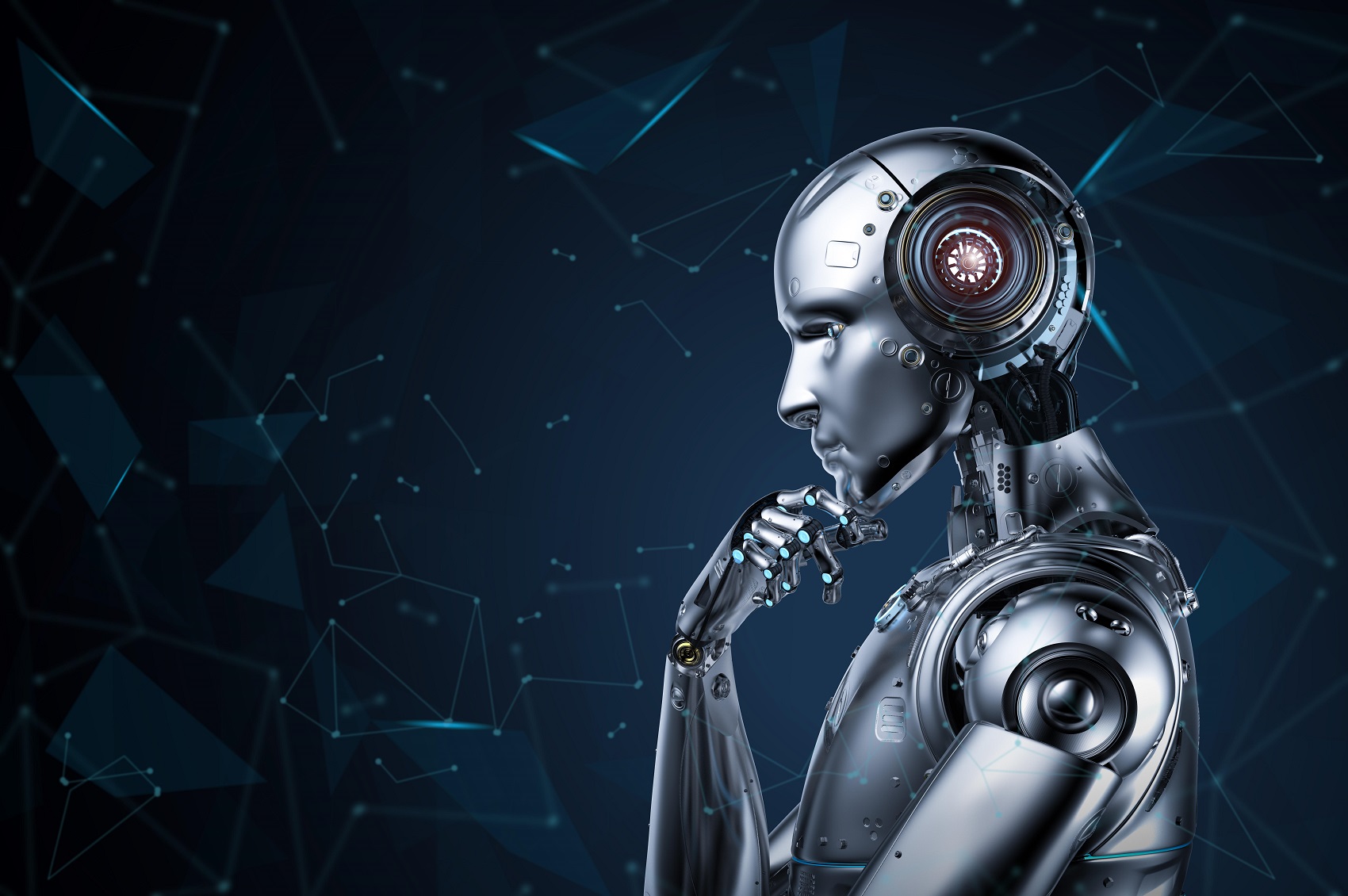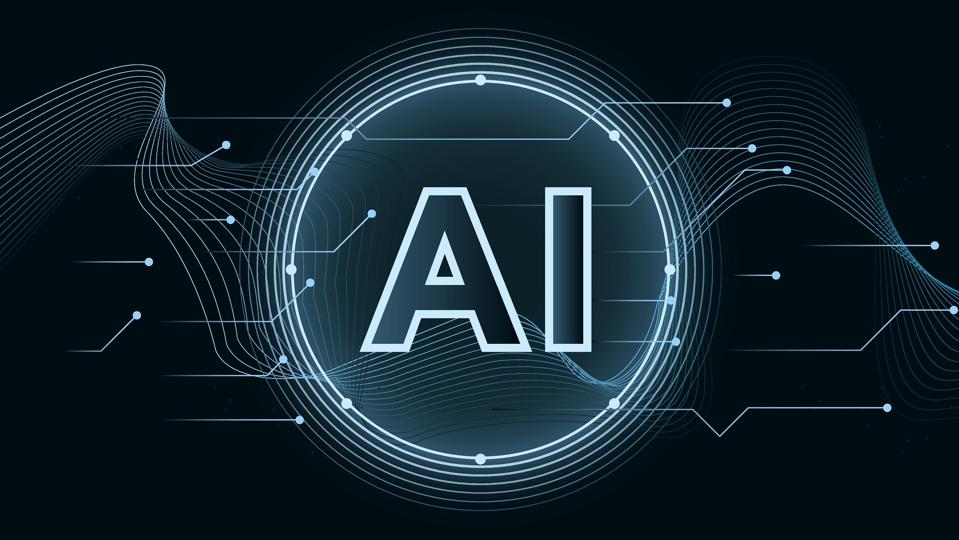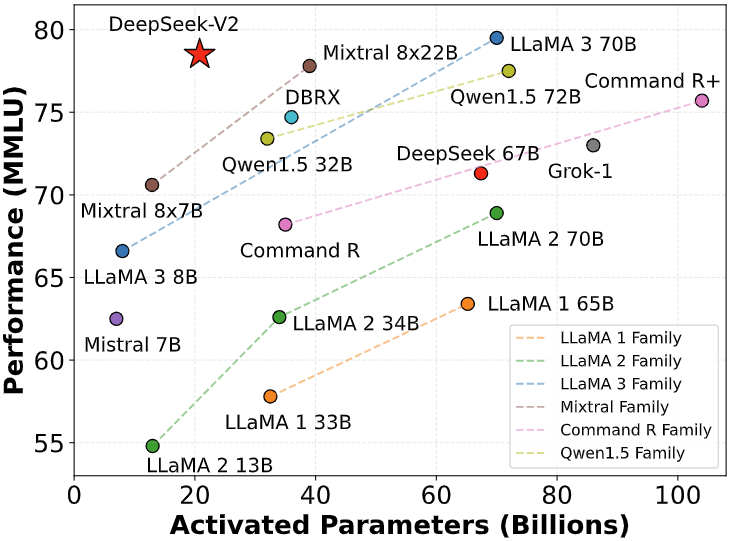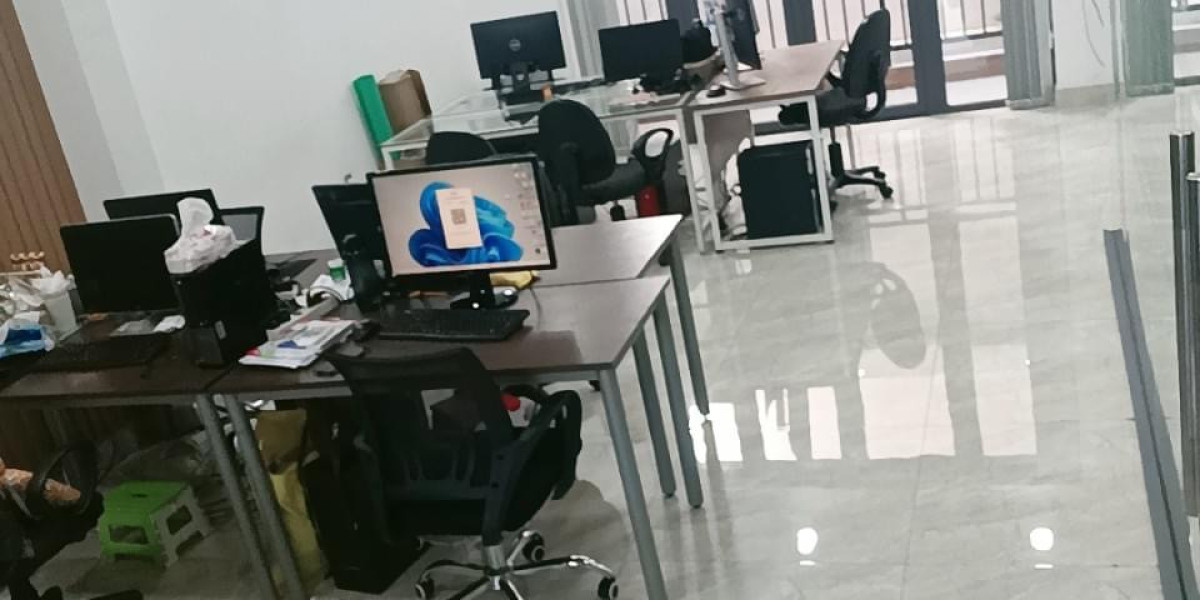
Expert System (AI) is changing education while making discovering more available but likewise triggering arguments on its effect.

While trainees hail AI tools like ChatGPT for improving their learning experience, lecturers are raising issues about the growing reliance on AI, gdprhub.eu which they argue fosters laziness and weakens academic integrity, specifically with numerous students unable to protect their projects or offered works.

Prof. Isaac Nwaogwugwu, a speaker at the University of Lagos, in an interview with Nairametrics, expressed frustration over the growing dependence on AI-generated reactions amongst students recounting a recent experience he had.
RelatedStories
Avoid sharing individual info that can identify you with AI tools- Expert alerts
Chinese AI app DeepSeek sparks global tech selloff, challenges U.S. AI supremacy
"I offered a project to my MBA trainees, and out of over 100 trainees, about 40% submitted the precise very same answers. These students did not even know each other, however they all utilized the same AI tool to generate their responses," he stated.
He noted that this trend is prevalent among both undergraduate and postgraduate trainees but is particularly concerning in part-time and distance learning programs.
"AI is a severe challenge when it comes to assignments. Many students no longer think critically-they simply go on the internet, generate answers, and submit," he included.
Surprisingly, some lecturers are likewise implicated of over-relying on AI, setting a cycle where both educators and students turn to AI for convenience rather than intellectual rigor.
This debate raises critical concerns about the role of AI in academic integrity and trainee advancement.
According to a UNESCO report, while ChatGPT reached 100 million month-to-month active users in January 2023, only one country had released policies on generative AI since July 2023.
Since December 2024, ChatGPT had more than 300 million individuals utilizing the AI chatbot weekly and 1 billion messages sent out every day worldwide.
Decline of academic rigor
University lecturers are increasingly concerned about students submitting AI-generated tasks without genuinely comprehending the material.
Dr. Felix Echekoba, a speaker at Nnamdi Azikiwe University, expressed his concerns to Nairametrics about students increasingly depending on ChatGPT, only to have problem with addressing standard concerns when tested.
"Many students copy from ChatGPT and send sleek projects, but when asked basic concerns, they go blank. It's frustrating since education has to do with learning, not just passing courses," he stated.
- Prof. Nwaogwugwu pointed out that the increasing number of first-rate graduates can not be completely credited to AI however admitted that even high-performing trainees use these tools.
"A top-notch trainee is a first-class trainee, AI or not, but that does not mean they do not cheat. The benefits of AI might be peripheral, but it is making trainees reliant and less analytical," he stated.
- Another speaker, Dr. Ereke, from Ebonyi State University, links.gtanet.com.br raised a different concern that some speakers themselves are guilty of the exact same practice.
"It's not simply students utilizing AI lazily. Some lecturers, out of their own laziness, generate lesson notes, course details, marking plans, and even test questions with AI without examining them. Students in turn use AI to produce answers. It's a cycle of laziness and it is eliminating real learning," he lamented.
Students' point of views on usage
Students, on the other hand, state AI has improved their learning experience by making academic materials more understandable and accessible.
- Eniola Arowosafe, a 300-level Business Administration trainee at Unilag, shared how AI has considerably assisted her knowing by breaking down complex terms and providing summaries of prolonged texts.
"AI assisted me understand things more quickly, specifically when dealing with complex topics," she described.
However, she recalled a circumstances when she utilized AI to send her job, only for her speaker to immediately acknowledge that it was generated by ChatGPT and oke.zone reject it. Eniola noted that it was a good-bad effect.
- Bryan Okwuba, who recently finished with a first-rate degree in Pharmacy Technology from the University of Lagos, firmly believes that his scholastic success wasn't due to any AI tool. He associates his impressive grades to actively engaging by asking concerns and focusing on areas that speakers stress in class, as they are typically shown in exam concerns.
"It's all about existing, paying attention, and tapping into the wealth of knowledge shared by my colleagues," he stated,
- Tunde Awoshita, a final-year marketing student at UNIZIK, admits to occasionally copying straight from ChatGPT when dealing with several deadlines.
"To be truthful, there are times I copy straight from ChatGPT when I have several deadlines, and I know I'm guilty of that, many times the speakers do not get to review them, however AI has likewise assisted me discover much faster."
Balancing AI's function in education
Experts believe the service lies in AI literacy; teaching students and lecturers how to use AI as a knowing aid rather than a shortcut.
- Minister of Education, Dr. Tunji Alausa, highlighted the combination of AI into Nigeria's education system, stressing the significance of a well balanced technique that preserves human involvement while harnessing AI to enhance finding out results.
"As we navigate the quickly developing landscape of Artificial Intelligence (AI), it is crucial that we prioritise human agency in education. We need to make sure that AI improves, rather than changes, educators' important function in shaping young minds," he stated
Dorcas Akintade, a cybersecurity transformation expert, addressed growing concerns regarding the use of artificial intelligence (AI) tools such as ChatGPT and their potential threats to the academic system.
- She acknowledged the benefits of AI, nevertheless, stressed the requirement for caution in its use.
- Akintade highlighted the increasing hesitance amongst teachers and schools towards integrating AI tools in learning environments. She recognized two main reasons why AI tools are discouraged in educational settings: security threats and plagiarism. She described that AI tools like ChatGPT are trained to react based upon user interactions, which may not align with the expectations of educators.
"It is not taking a look at it as a tutor," Akintade stated, discussing that AI doesn't accommodate particular mentor techniques.
Plagiarism is another issue, as AI pulls from existing data, prazskypantheon.cz often without appropriate attribution
"A lot of people require to comprehend, like I said, this is information that has been trained on. It is not just bringing things out from the sky. It's bringing info that some other people are fed into it, which in essence indicates that is another person's paperwork," she warned.
- Additionally, Akintade highlighted an early problem in AI advancement called "hallucination," where AI tools would produce information that was not accurate.
"Hallucination implied that it was drawing out info from the air. If ChatGPT might not get that details from you, it was going to make one up," she explained.
She recommended "grounding" AI by providing it with specific details to prevent such mistakes.
Navigating AI in Education
Akintade argued that banning AI tools outright is not the service, particularly when AI provides a chance to leapfrog traditional academic approaches.
- She believes that consistently enhancing essential information assists individuals keep in mind and avoid making mistakes when faced with obstacles.
"Immersion brings conversion. When you tell people the same thing over and over once again, when they will make the errors, then they'll remember."

She also empasized the requirement for clear policies and treatments within schools, noting that many schools should deal with individuals and procedure elements of this usage.
- Prof. Nwaogwugwu has resorted to in-class tasks and tests to counter AI-driven scholastic dishonesty.
"Now, I primarily utilize tasks to guarantee trainees provide original work." However, he acknowledged that handling large classes makes this technique tough.
"If you set complex questions, trainees won't be able to use AI to get direct answers," he discussed.

He stressed the need for universities to train speakers on crafting examination questions that AI can not quickly fix while acknowledging that some speakers struggle to counter AI abuse due to a lack of technological awareness. "Some lecturers are analogue," he said.
- Nigeria released a draft National AI Strategy in August 2024, concentrating on ethical AI advancement with fairness, transparency, responsibility, and privacy at its core.
- UNESCO in a report calls for the guideline of AI in education, recommending organizations to audit algorithms, information, and outputs of generative AI tools to ensure they fulfill ethical standards, safeguard user data, and filter improper material.
- It worries the need to examine the long-term impact of AI on critical abilities like thinking and creativity while developing policies that line up with ethical frameworks. Additionally, UNESCO recommends implementing age limitations for GenAI usage to protect more youthful students and protect vulnerable groups.
- For governments, it advised embracing a collaborated national approach to controling GenAI, including establishing oversight bodies and lining up guidelines with existing information defense and personal privacy laws. It emphasizes assessing AI dangers, implementing more stringent guidelines for high-risk applications, and guaranteeing nationwide data ownership.








